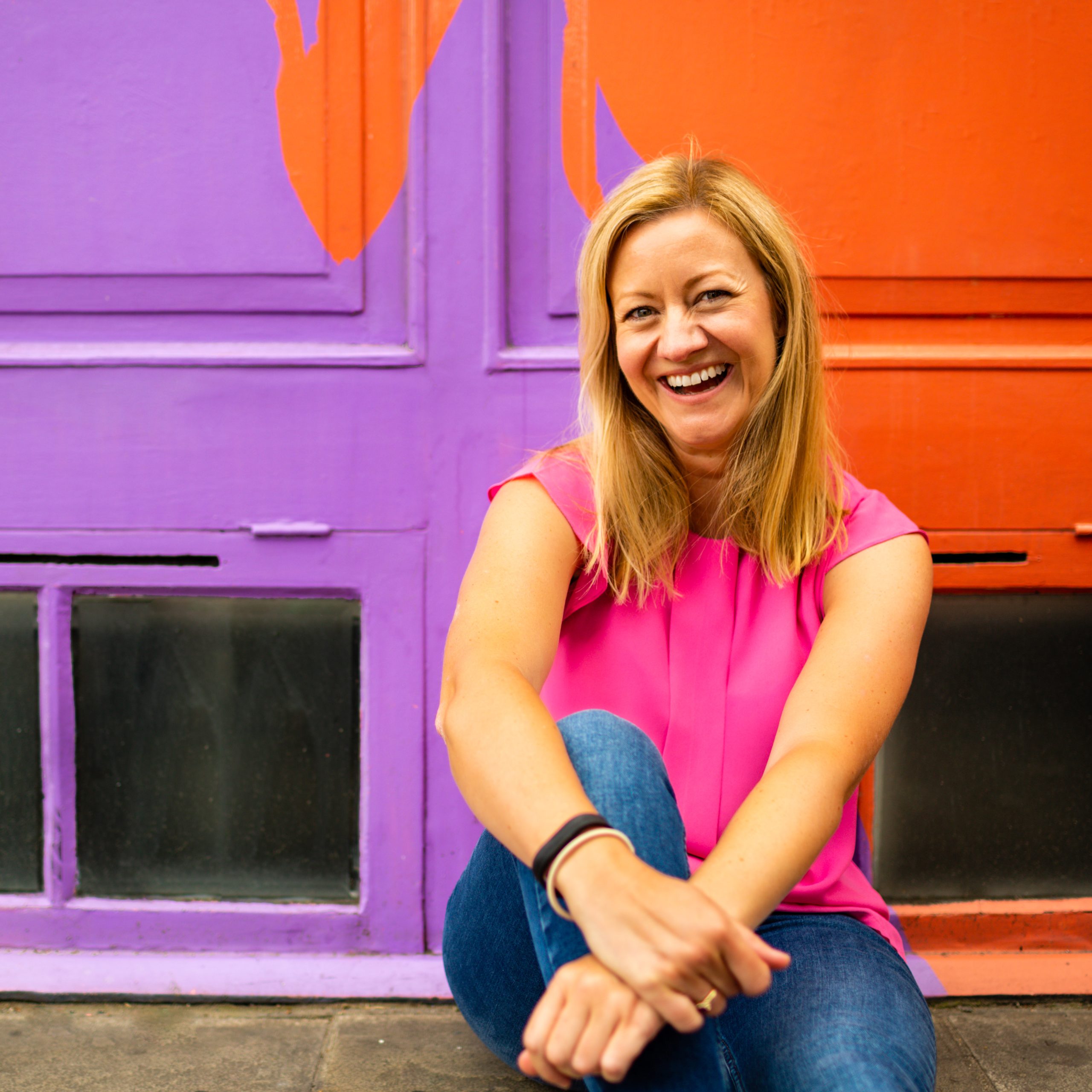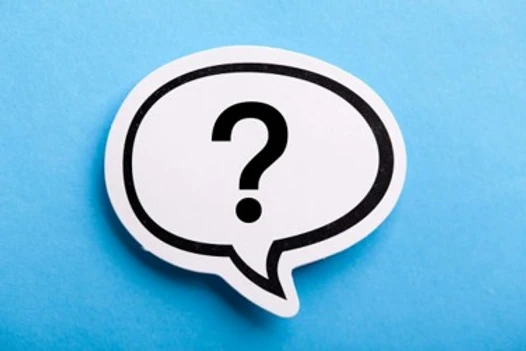Why I coach

In my forty-odd years of life so far I have experienced coaching, mentoring, meditation, therapy, reiki, reflexology, yoga and counselling, not to mention countless days and evenings talking through the ups and downs of my life with family and friends over a drink.
Coaching has without doubt had the biggest impact on me both personally and professionally.
So much so that I decided to qualify as a coach around 13 years ago. Since then, I have coached leaders, managers, teams, and individuals in both corporate and non-corporate environments. I have worked with people who have lacked confidence, with those who’ve wanted to make a significant change in their life, and with people who have been stuck with an issue that’s causing them stress or anxiety.
I’ve coached teams on how to operate more effectively and respectfully together. I’ve coached leaders on how to connect with the people that work for them; I’ve coached members of my own team who’ve wanted to grow and develop their skills.
Every time I coach someone – whether it’s in a formal coaching session, or informally in a conversation we’re having – I find myself in a place of peace, of deep listening (well, I try to be – this does take practice!) and it feels like a privilege. I feel privileged that the person trusts me enough to share themselves with me: their aspirations, their challenges, their frustrations, their vulnerabilities.
At its heart, coaching is about having a conversation with someone that unlocks the potential within them. That potential might be to change a lifetime habit or belief, to take a leap into the unknown, or to have the courage to fulfil their purpose. It means that I ask a lot of questions – and sometimes they can be questions the other person doesn’t want to hear! But when I see or hear the moment they have a breakthrough thought – whether that’s big or small – it’s incredible.
You see, a good coach doesn’t cloud the other person’s thinking with their own suggestions or advice on the situation. What works for me in my world doesn’t necessarily work for someone else in theirs. Even if I feel as though I’ve experienced something similar, if I start to share that then the conversation becomes focused on me, and that’s not the point. Breakthroughs happen when the person is encouraged to think for themselves through insightful questions. We know this in other aspects of our lives: when a boss, a teacher or a parent strongly suggests or tells you to do something you may do it, but you’re doing it for them, not for you.
I’ve had a lot of breakthrough moments in my experiences of being coached. It’s like those magic eye pictures where when you relax, broaden your view and eventually see it, that dog/horse/woman hidden in the picture jumps out as clear as day! Sometimes it’s just a sentence that forms in my head that I have to write down – that might be a belief I’ve been holding on to, or it might be the thing I need to do straight away, like make a decision or cancel a meeting.
That’s what I’m trying to do for others when I coach: I want to create a space for them not just to talk but for them to reflect, celebrate, create, plan and commit to taking actions that will make a positive difference in an aspect of their lives.
Whatever model a coach uses – and there are a few (e.g. GROW, OSKAR, CLEAR, CIGAR) – they all help to structure the conversation to enable the client to determine what action/s they will take and when they will take it. Coaching definitely explores what’s going on right now for the client (and what might have led to this point) but it’s very much a forward-focused activity. In fact, it’s possible to have an effective coaching conversation in under 10 minutes and still get a commitment to a way forward – great for the impatient and action-oriented amongst us!
Perhaps that’s one of the reasons why there’s been an explosion of coaching in the last 5 years: once viewed as a CEO perk, coaching has now shifted to become a practical tool in developing leaders and teams, with managers describing an average return of more than six times the cost of coaching, according to Fortune magazine.
I coach because I see the difference it can make in organisations: the improvements in productivity, collaboration and engagement. I coach because I find joy in seeing individuals grow in confidence, tackle issues that have held them back and find their purpose. But mostly I coach because I believe that people can do incredible things.
– Carolyn





